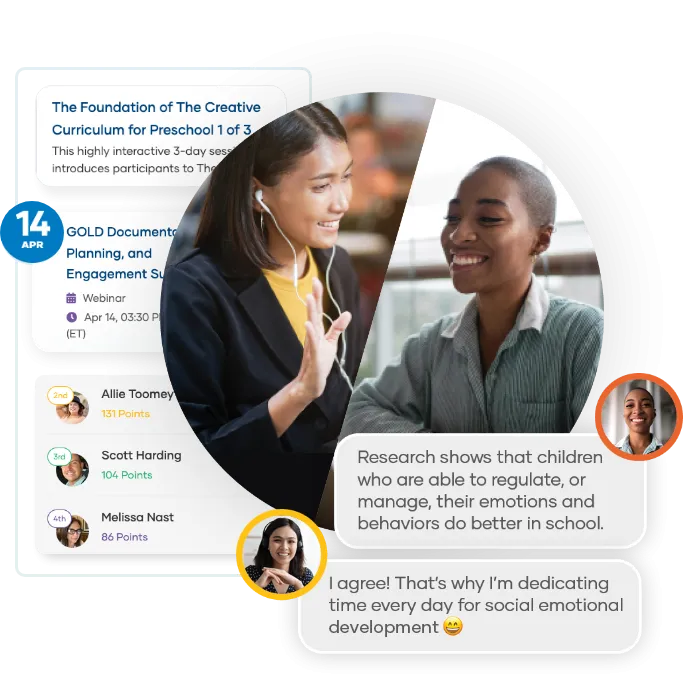
The Professional Development Teachers Need
The Teacher Membership combines the power of a professional learning community with personalized learning journeys and year-round access to:
• experts and mentors;
• live and on-demand classes and courses; and
• courses to meet CCDF and CDA training.
8-Week Onboarding
Rapidly onboard and help new teachers effectively implement The Creative Curriculum with the Teacher Acceleration Program (TAP). This 8-week online coaching and training program supports teachers to get up and running and includes:
• a dedicated coach;
• daily live office hours;
• ask the expert hotline;
• live and on-demand course recommendations; and
• new focused learning themes each week.

Virtual Live Classes
On-Demand eLearning Courses
Receive 24/7 access to live classes & a large catalog of courses in English and Spanish with over 400 hours of research-based content and the ability to earn continuing education units (CEUs) and state training hours.
Earn Certificates & CEUs and Track Your PD Hours
Discover a comprehensive professional development system with personalized learning journeys and real-time progress tracking with a dashboard to manage certificates and badges.
Professional Learning Community
Engage, connect, and share experiences with other early childhood educators through moderated discussion forums, exclusive community groups, and the open sharing of ideas.
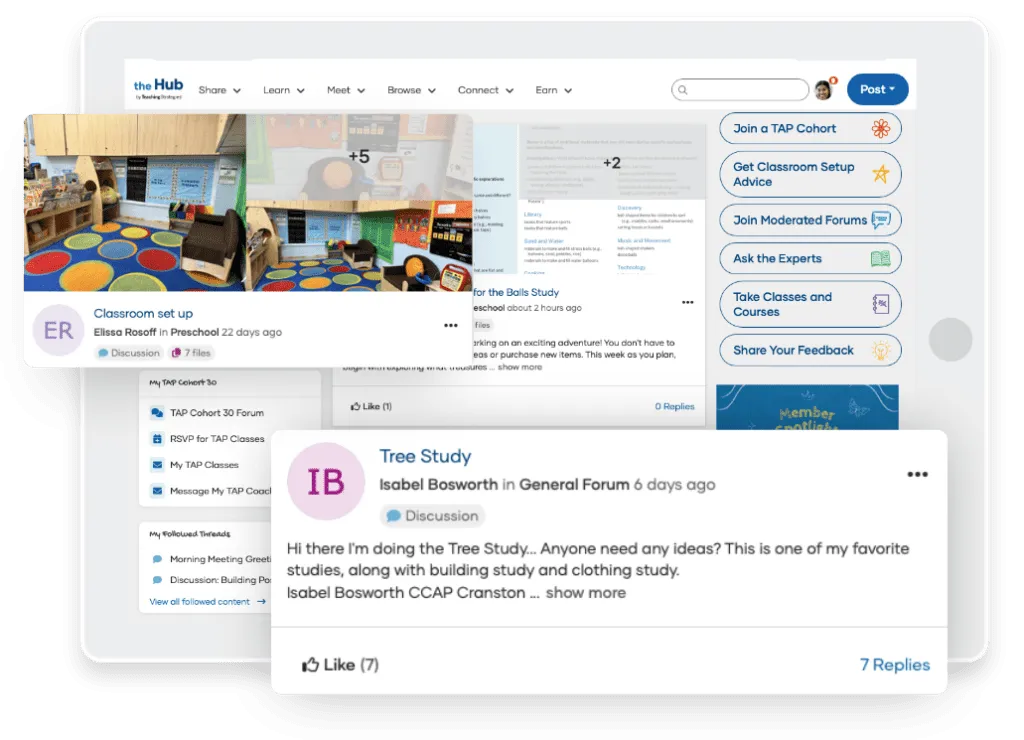
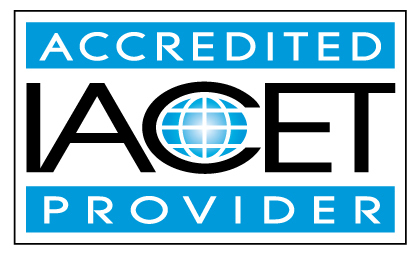
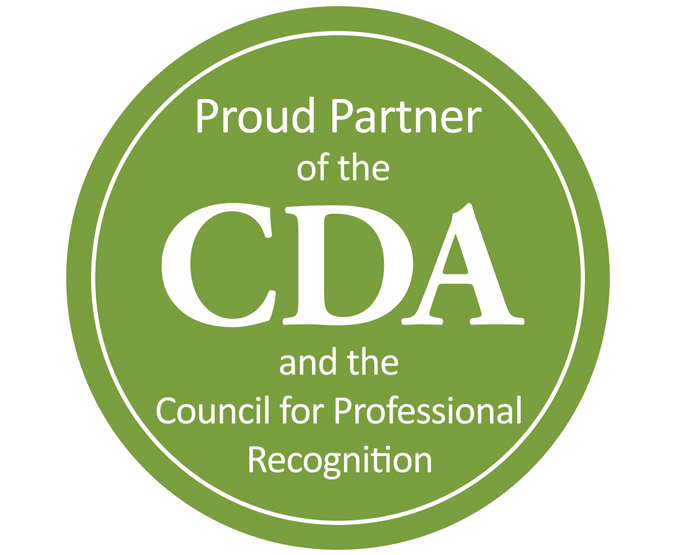
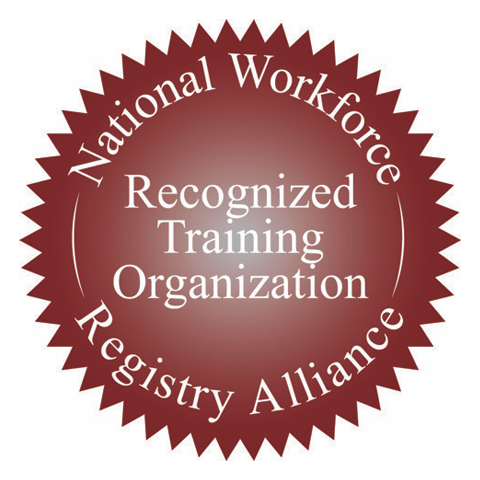
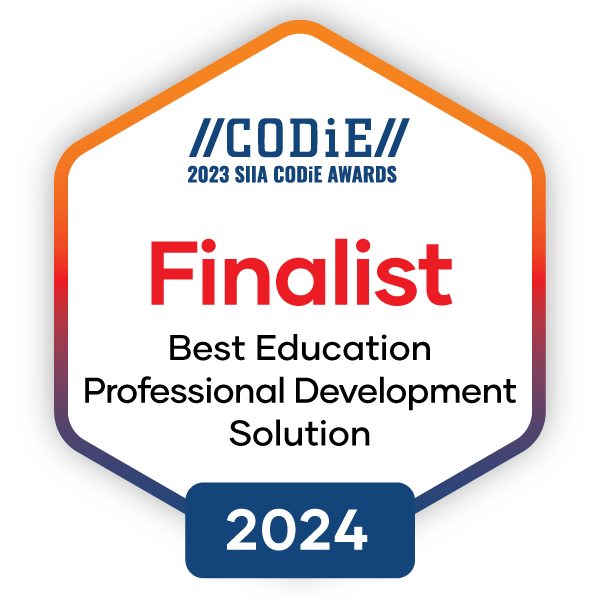

Learn More About our Teacher PD

Webinar
Teacher Acceleration Program
Hear how we rapidly onboard teachers in The Creative Curriculum and GOLD with Teacher Membership.
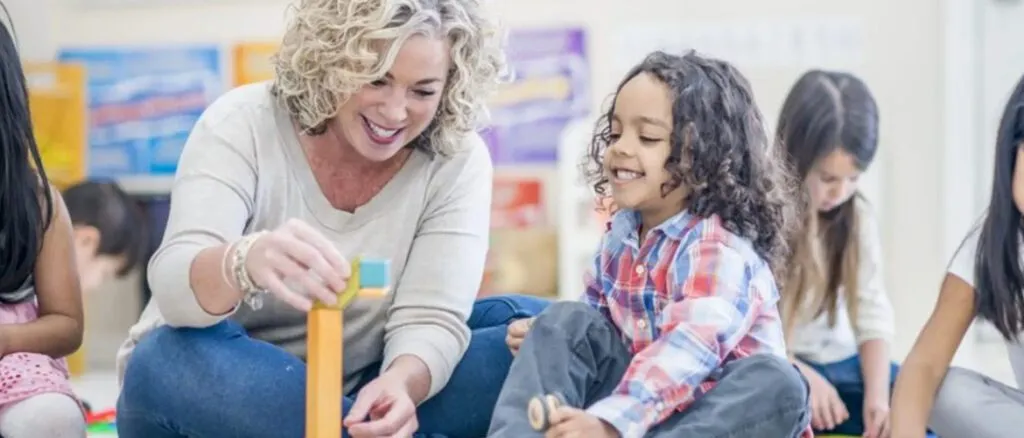
Webinar
The PD Teacher Membership
Learn how the Professional Development Teacher Membership provides a path to the Child Development Associate (CDA) Credential.
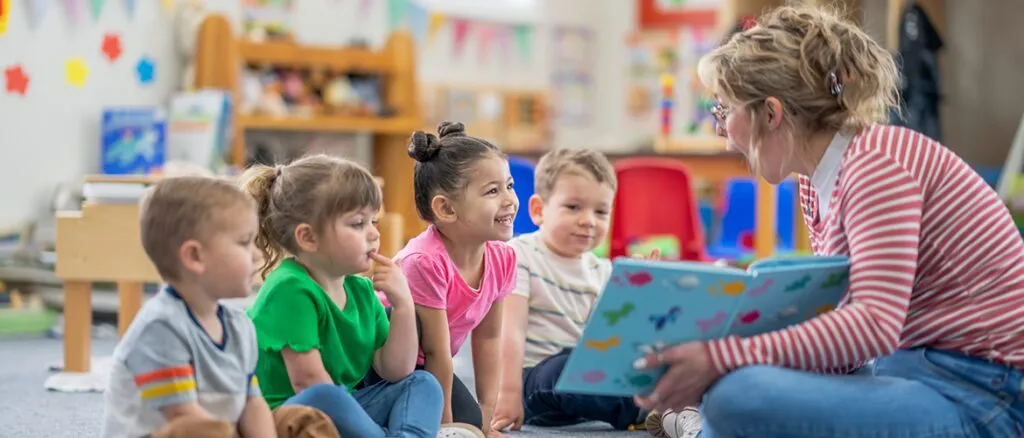
Webinar Series
Science of Reading
Dive into the five pillars of the science of reading in an early childhood setting, and much more.
Teacher Membership FAQs
It includes all the courses necessary to satisfy the 120 hours of training required to earn the Council for Professional Recognition’s Child Development Associate (CDA) credential.
The Teacher Membership includes all courses needed to meet CCDF regulations requiring teachers to complete training in 11 topics annually.
Yes. Our courses offer both continuing education units (CEUs) and state training hours.
Teaching Strategies is accredited by the International Accreditors for Continuing Education and Training (IACET) and complies with the ANSI/IACET Standard, which is recognized internationally as a standard of excellence in instructional practices. Teaching Strategies is accredited to issue the IACET CEU.
With the Teacher Membership, you have access to “Ask an Expert,” where you can ask a question and receive a response within 24 hours, and weekly, interactive live sessions hosted by experts and organized by popular topics and best practices in early childhood education.
You can get the most out of your Teaching Strategies products, such as The Creative Curriculum and GOLD, with the support of a wide variety of product-specific courses.
We offer flexible learning formats—from asynchronous to synchronous, from microlearning to multi-day options—with the power of a professional learning community. We make professional development accessible to educators throughout the year, whenever learning fits best.
Teachers can personalize their learning with individualized learning paths and track progress with a dashboard to manage certificates and badges. Leaders can report on teachers’ progress, monitor action plans, personalized learning journeys, action plans, certificates, and badges in real time.
Catered to the unique needs and demands of adult learners, the Teacher Membership combines the power of a professional learning community with the flexibility of anywhere, anytime learning, provided in a variety of course formats with a focus on real classroom application.
Catered to the unique needs and demands of adult learners, the Teacher Membership combines the power of a professional learning community with the flexibility of anywhere, anytime learning, provided in a variety of course formats with a focus on real classroom application. You will have 24/7 access to a large catalog of flexible, modular, and asynchronous courses, in English and Spanish, with over 400 hours of research-based content.
Yes. We have a robust catalog of professional development for preschool teachers.
Please reach out to us if you are interested in purchasing a membership or share this page with those who set up your professional development.
There are on average 5 live virtual courses (4 and 6 hours in length) per week and 10 live virtual classes (1 hour each) per month.

Increase Fidelity and Improve Child Outcomes
Boost program quality with more than 400 hours of research-based, flexible, and on-demand courses.
